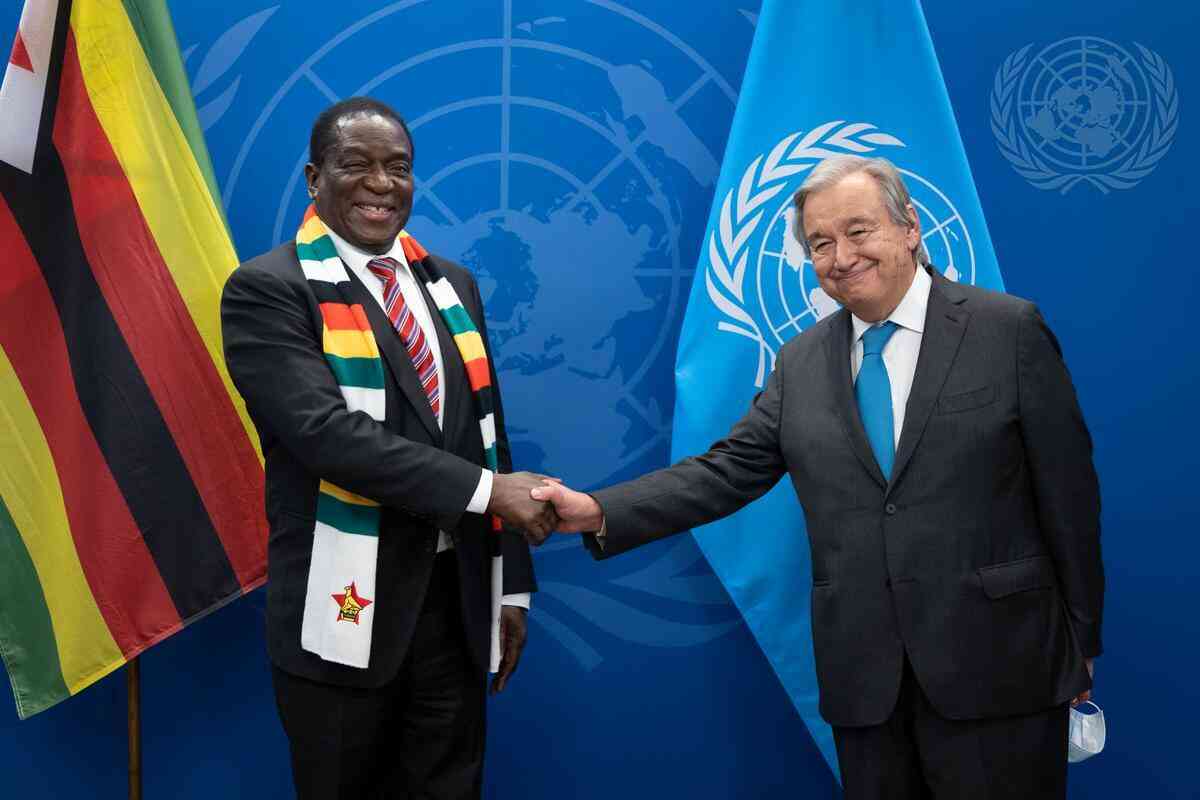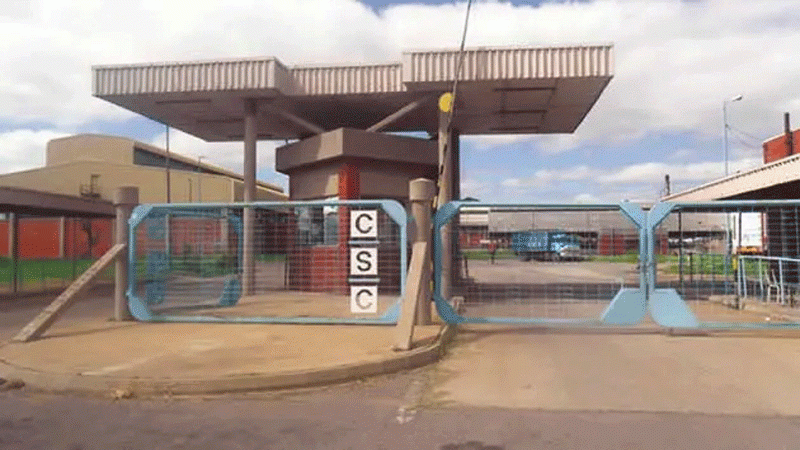
PRESIDENT Emmerson Mnangagwa's administration has struggled to implement meaningful reforms and curb widespread corruption, which has hampered its efforts to re-engage with Western nations, particularly the United States (US).
Although Mnangagwa pledged in 2017 to restore relations with Washington, scepticism persists, with the US consistently flagging Zimbabwe's poor human rights record as a barrier.
In April, the US replaced its 2001 embargo with the Global Magnitsky (GloMag) sanctions framework, signalling persisting tensions between Washington and Harare.
Speaking during Zimbabwe’s Southern African Development Community (Sadc) Anti-Sanctions Day last week on Friday, US ambassador to Zimbabwe Pamela Tremont underscored that the sanctions were designed to prompt Zimbabwe to address corruption and uphold the rule of law.
However, Mnangagwa’s administration has shown little political will to address corruption within its ranks, often disregarding constitutional obligations.
Tremont, in an op-ed, titled What sanctions really do and don’t do, said: “Our targeted sanctions do not hinder Zimbabwe from accessing international financial assistance. The country’s exclusion from some financing opportunities is due to its failure to repay debts — arrears dating back to the late 1990’s”.
“Economic and governance reforms by Zimbabwe’s leadership would better position Zimbabwe to benefit fully from international financing.
“Falsely labelling Zimbabwe as ‘a country under sanctions’ only perpetuates a fallacious narrative that dissuades potential investors.”
- Zim’s elusive path to re-engagement
Keep Reading
Tremont also cited reports from Zimbabwe’s Prosecutor-General (PG), which reveal systemic corruption with the PG estimating annual losses of US$1,8 billion.
The Auditor-General (AG)’s Office has documented corruption that has critically undermined state enterprises, many of which are on the verge of collapse.
Without any demonstrable action to combat corruption, the government continues in hollow rhetoric to attribute Zimbabwe’s economic misfortunes to US sanctions.
In recent times, the US also discredited Zimbabwe’s polls. Sadc, in its report on the 2023 elections, underscored that the elections which were won by Mnangagwa failed to satisfy global standards governing democratic elections.
Tshwane University public affairs associate professor Ricky Mukonza opined that without implementing key reforms, Zimbabwe’s re-engagement efforts with the US were dead in the water.
“There are a number of political reforms that are necessary for effective re-engagement with the US, but equally with the broader western world,” he said.
“Zimbabwe has, over the years, gained notoriety for disputed elections with their attendant problems. This has not changed in the Mnangagwa reign and it needs to change.
“Secondly, the issue of human rights abuse is another sticking point. Opposition parties and civil society leaders and activists have been arbitrarily arrested and unjustly denied bail. Violence has also been meted to members of the opposition parties,” Mukonza added.
The re-engagement drive, he said, had not gained momentum, contrary to pronouncements by the government.
Mukonza further stated: “There has not been significant re-engagement with the US because of the absence of genuine reforms.
“The Zimbabwean government needs to act in good faith in ensuring that reforms are instituted in Zimbabwe's political system. This will generate good will from players such as the US. This will result in re-engagement.”
Mnangagwa, alongside 11 other people and three local companies, are designated under the GloMag sanctions framework.
Political analyst Reuben Mbofana said the government should deal with corruption in order for the sanctions to be removed.
“So, all these individuals… have to ensure accountability and transparency in their operations, whether in government or in their business activities,” he said.
The sanctions were imposed over two decades ago when Mugabe rolled out a land redistribution programme, which was meant to correct historical land ownership patterns. The land grabs orchestrated by former liberation war fighters were violent and chaotic.
Though there is now a restitution programme agreed in 2021, most white farmers whose land was repossessed have not received compensation. Zimbabwe has been strongly criticised for disregarding property rights. Under the initiative, Zimbabwe intends to mobilise about US$3,5 billion to compensate the white farmers.
In an interview with Zimbabwe Independent last week, Zanu PF spokesperson Christopher Mutsvangwa argued that the sanctions have been an "albatross" around the nation's quest for sustained development and prosperity.
“The plucky Zimbabwe people have time and again proved the futility of sanctions as a blunt and indiscriminate weapon of regime change,” he said.
"It is high time Washington, London, Brussels, and others revisit and change their ruinous and unrewarded stance against the peace-loving people of Zimbabwe."
Mutsvangwa echoed Mnangagwa's diplomatic approach, stating, "We want to be friends to all and enemy to none".
He also pointed to regional support, noting that the Sadc and other continental bodies had extended solidarity to Zimbabwe, calling for the country's re-integration into the global economy.
“Sadc and continental solidary fervently extend solidarity to Zimbabwe and yearn that it can be accorded the chance to play its rightful role in Africa’s resurgence,” Mutsvangwa said.










